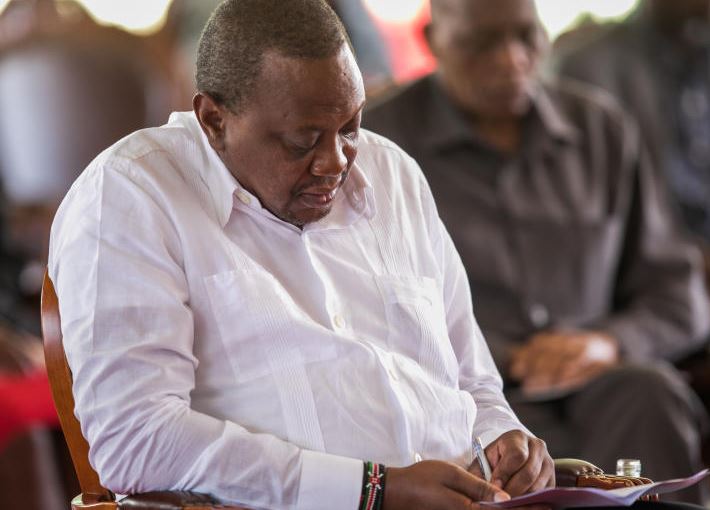
Coronavirus ignores common logic. That's why it refused to be confined to Wuhan, China. It has negatively affected and made many political economies and their projected growths virtual nullities. It has, however, popularised new health terms such as “lockdown”, “quarantine”, and “social-distancing”, which mean mass separation of people.
For as long as the coronavirus was a “Chinese thing”, lockdown was a peculiar response to a previously unknown health disaster that entailed three things; force people to stay 'locked' in their residences, building large hospitals to cater for thousands of patients and mobilise thousands of doctors within 10 days for each hospital.